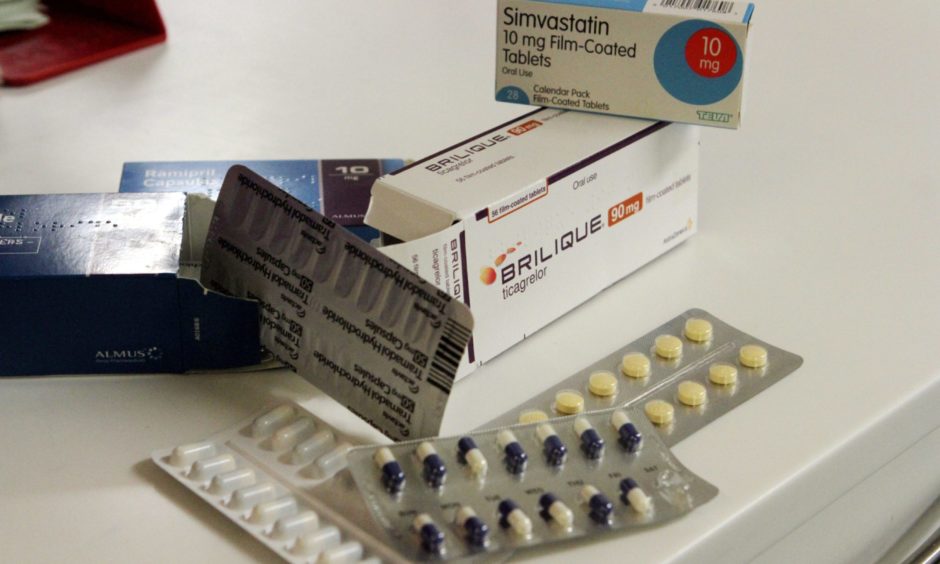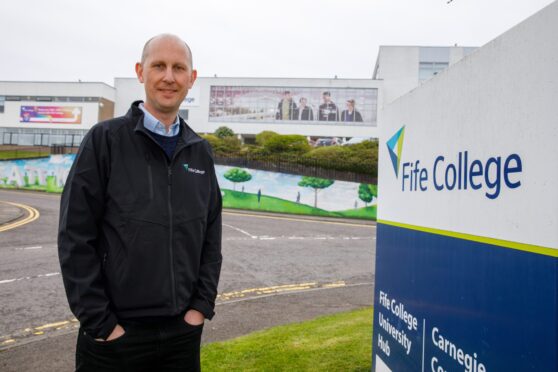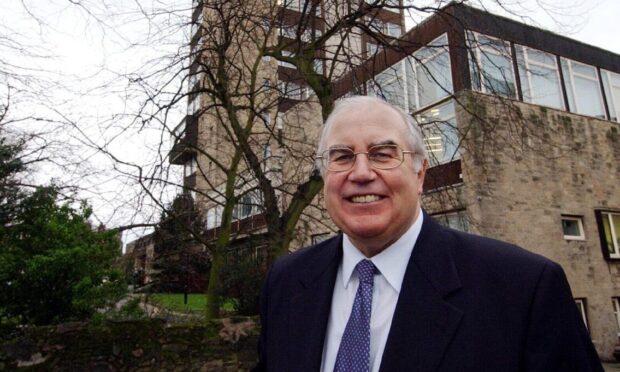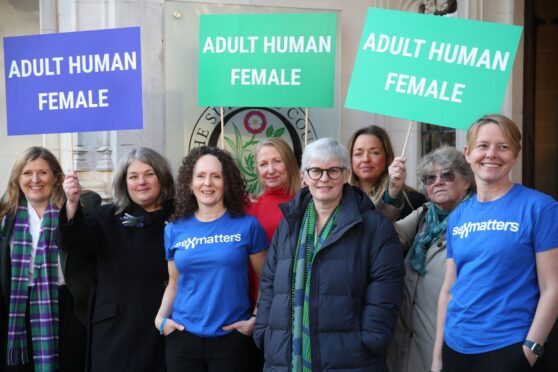Senior NHS Tayside doctors and pharmacists have issued a warning about the risks of locals taking inappropriate medicines.
Studies have shown that across Scotland some 20% of adults are prescribed five or more medications a day.
Meanwhile, Scottish Government publications suggest over-prescribing accounts for around 10% of all prescribed medications.
Speaking to The Courier, NHS Tayside clinicians have urged locals to work with their GP and others to ensure they are taking the correct medicines.
They also pointed out the potential harm, saying around 40% of hospital admissions among frail people locally could be linked to issues with their medication.
Dr Douglas Lowdon, NHS Tayside’s associate medical director, said the issue becomes a problem when the number of long-term drugs people are prescribed build up over several years.
A specialist in acute and elderly medicine, he said: “If you are on drugs that are inappropriate then you won’t feel well.
“These drugs build up over years and years. When medications gets started they are the right thing to do, but every time you add another medication, and the more you are on, the greater the build up of side effects.
“As people get older they get more illnesses and these medications just silently interact and subtly begin to make people feel unwell.
“It’s really hard to pick apart which medication is causing what. When you get to the stage when you are on eight or more, you are going to have some form of side effects.
“As you get older, when you are on a lot of drugs it can become so severe that you might present in hospital for a fall, confusion or severe sickness just because these drugs have gently built up in the system, interacting with other health issues and eventually causing severe illness.”
The Scottish Government say that there is often a “mismatch” between prescribing guidelines for different conditions and the complex situations of each individual.
Dr Lowdon added: “As the population gets older and people survive more illness, it’s becoming more of a problem.”
Dr Lowdon said that prior to the Covid-19 pandemic they discovered around one in five hospital admissions were linked to drugs, although the incidence is higher among older people.
Medication issues ‘one of most common causes’ of frail people being admitted
“It’s one of the most common causes of frail people being admitted to hospital at present,” he added.
His point was echoed by Monifieth GP Dr Alison Clement and her colleague Dr Scott Jamieson, a doctor in Kirriemuir.
They emphasised why patients should speak to their GP about their medicines and feel confident to ask why they are taking them.
Dr Clement, clinical director of Angus Health and Social Care Partnership, said: “There are some medications which have a benefit that isn’t noticeable immediately, such as medicines to control your blood pressure to prevent you having a problem in the future.
“But you need to know why you are taking a medicine in the first place. It’s about giving people the confidence that if they don’t know they should ask.”
Both Angus GPs highlighted the role community pharmacists could play, and said patients could speak with them while collecting their medication.
Meanwhile, Dr Scott Jamieson also stressed the importance of patients informing their doctor if they decide to stop taking a medicine.
He said: “I think sometimes patients are too scared to ask. That creates work for us, for the patient and our pharmacy colleagues.
“If they don’t want to take a medicine or don’t feel it’s right for them, just ask. We’re really happy to engage in those conversations when they come in for routine appointments.
“It’s absolutely OK to phone up the practice and say you’re not taking this stuff.
“Let us know and we can have a conversation about it.”
Diane Robertson, NHS Tayside lead pharmacist, said that patients who are on multiple medications could also speak with their local pharmacy to understand exactly how and when they should be taking them.
“Medicines waste is patients not taking their medicine, but also not taking it in the right way and not getting the full benefit. It’s key that they take it in the right way.
“You just have to go to the community pharmacy and ask.”














Conversation